| Thursday, November 18th | Friday, November 19th |
| 7:45 - 8:00 Sponsor Messages | 7:45 - 8:00 Sponsor Messages |
| 8:00 - 8:10 Welcome/Kickoff 8:10 - 9:40 Concurrent Presentations #1 & #2 Presentation #1: "Black Women and 2020: The Effects of Covid19 and Social Injustice on Physical and Mental Health" Sharon L. Bowman, PhD, HSPP, ABPP; Rosalyn Davis, PhD, HSPP; & Shantel D. Gaillard, MA, MPH Presentation #2: "Applied Ethics: Trending Topics in Ethical Decision-Making" Stephanie J. Cunningham, Ph.D., HSPP; Mary J. Schwendener , Ph.D, HSPP, ABPP, MDiv; & Shannon Woller, Psy.D., ABPP, HSPP |
8:00 - 9:30 Presentation #9 Presentation #9: "Supervising Diversity Challenges Experienced by Remote Practicing Clinicians" Lauren M. Cunningham, PhD, HSPP |
| 9:40 - 9:55 Sponsor Messages & Break | 9:30 - 9:45 Sponsor Messages & Break |
| 9:55 - 11:25 Concurrent Presentations #3 & #4 Presentation #3: "Coping with Pediatric Chronic Medical and Pain Conditions" Elaine Gilbert, PsyD, HSPP Presentation #4: "Somatoform Disorders in Adults: Conceptualization, Evaluation, & Treatment" Courtney Johnson, PhD, HSPP, ABPP-CN |
9:45 - 11:15 Presentations #10 Presentation #10: "Pediatric Psychogenic Nonepileptic Seizures" Garry Wright, PhD, HSPP |
| 11:25 - 11:40 Sponsor Messages & Break | 11:15 - 11:30 Sponsor Messages & Break |
| 11:40 - 1:10 Student Poster Presentations | 11:30 - 12:30 Annual Award Presentations |
| 1:10 - 1:25 Sponsor Messages & Break | 12:30 - 12:45 Sponsor Messages & Break |
| 1:25 - 2:55 Concurrent Presentations #5 & #6 Presentation #5: "Integrating Psychology within Pediatric Medical Care: Implications for High-Risk Asthma, Weight Management, and Sickle Cell Disease" Julia LaMotte, PhD, HSPP; Maureen E. McQuillan, PhD, HSPP; & Katherine Schwartzkopf, PsyD, HSPP Presentation #6: "An Ethical Model to Mentorship within Subspecialty Areas of Psychology" by Ryan D. Greene, PsyD |
12:45 - 2:15 Presentation #11 Presentation #11: "A Neurodevelopmental Approach to Culturally Competent Assessment of ADHD" Elizabeth Akey, PhD & Will Anastasiadis, MS |
| 2:55 - 3:10 Sponsor Messages & Break | 2:15 - 2:30 Sponsor Messages & Break |
| 3:10 - 4:40 Concurrent Presentations #7 & #8 Presentation #7: "A Review of Neurobiological Pathways to Emotional and Behavioral Problems Following Childhood Maltreatment" Joseph Aloi, MD, PhD & Kathleen I. Crum, PhD, HSPP Presentation #8: "Early Interventions for Infidelity Treatment" CANCELLED Raymond (Butch) Losey, Ed.D.,LPCC-S |
2:30 - 4:00 Presentation #12 Presentation #12: “Extending the Implications of American Identity, Nationalism, and Patriotism: Applications for Research and Practice" Noelany Pelc, PhD |






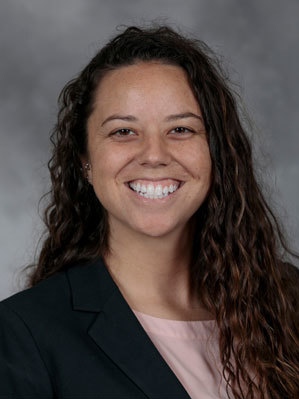



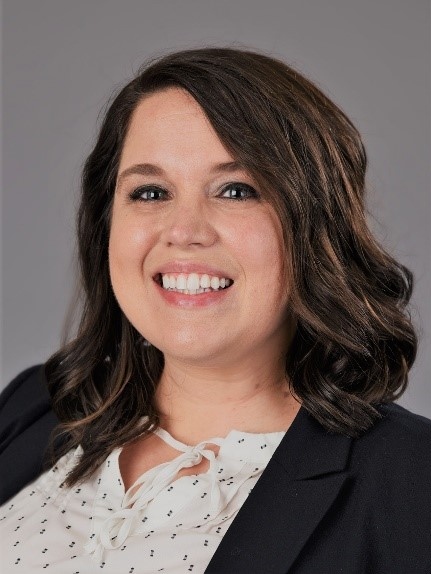






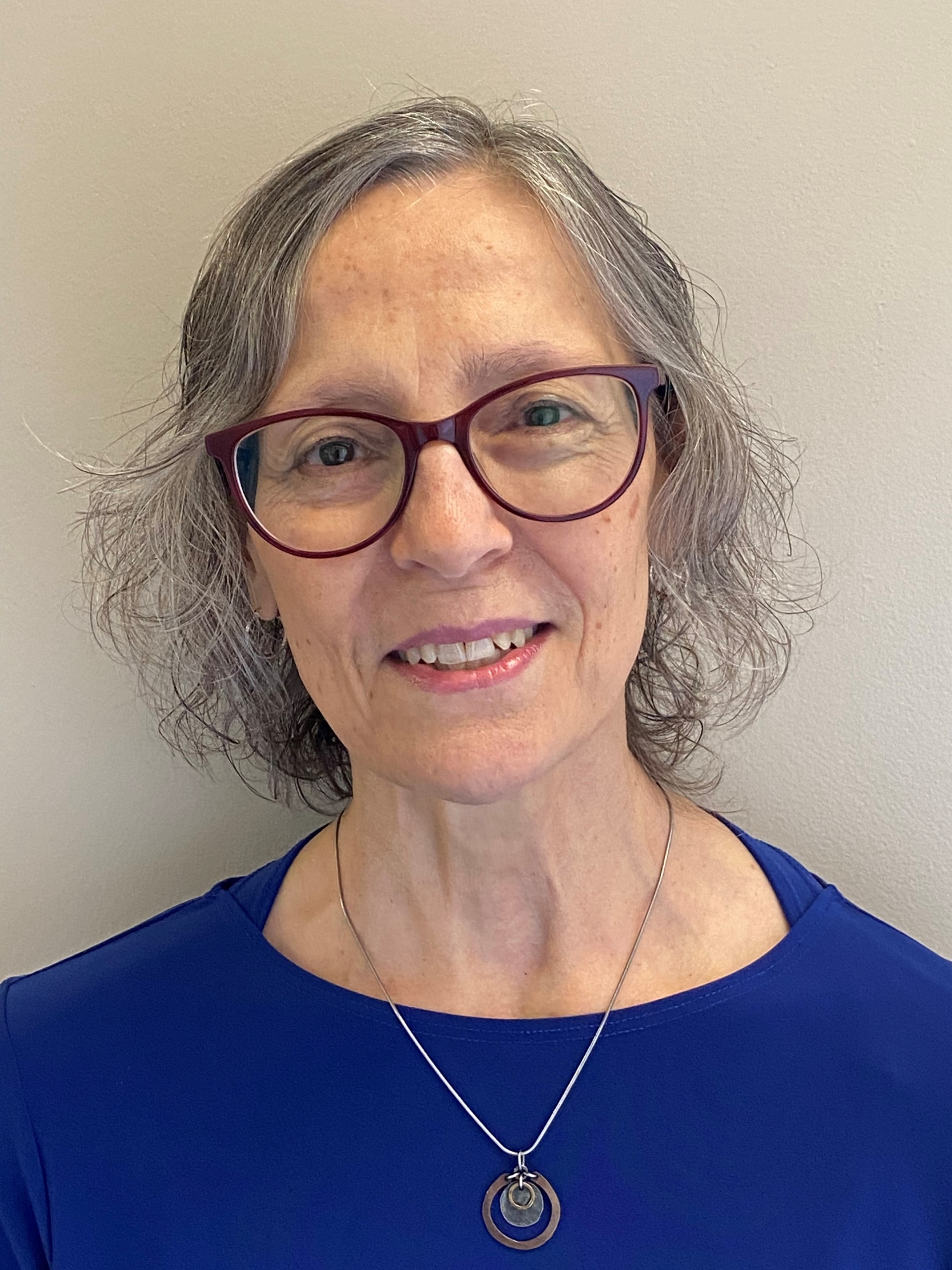
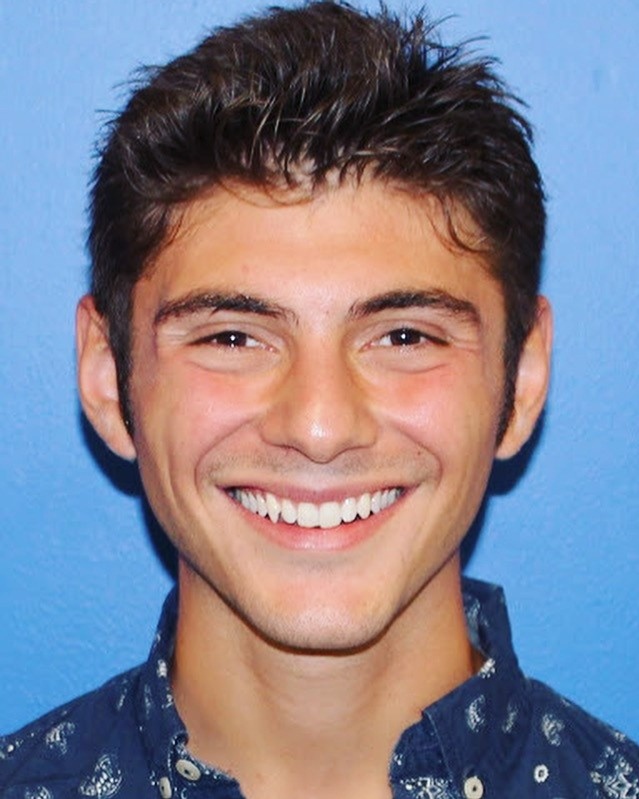
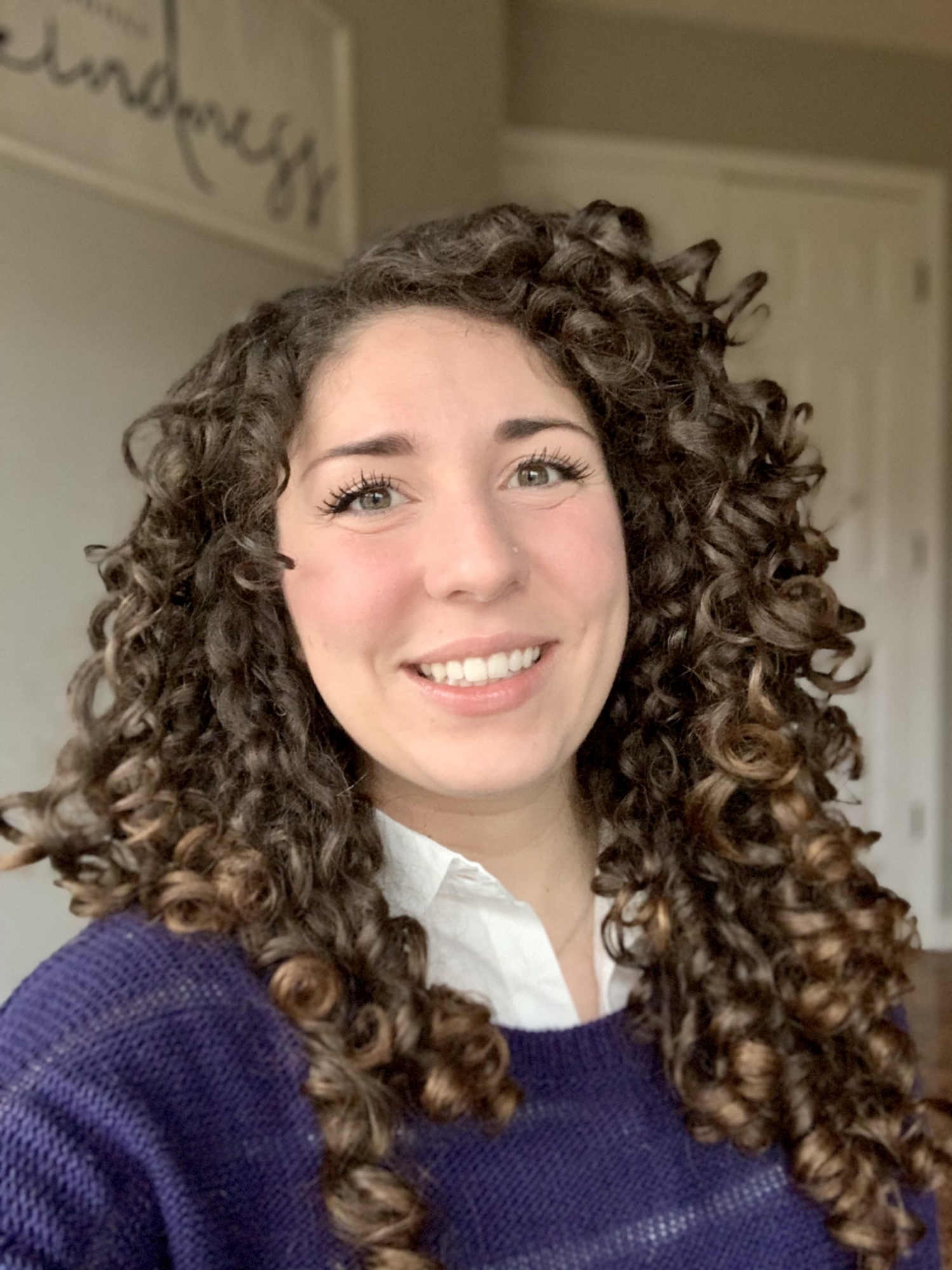
SPECIAL NOTE TO CONFERENCE ATTENDEES
The Indiana Psychological Association (IPA) is approved by the American Psychological Association to sponsor continuing education for psychologists. The Indiana Psychological Association maintains responsibility for this program and its content.